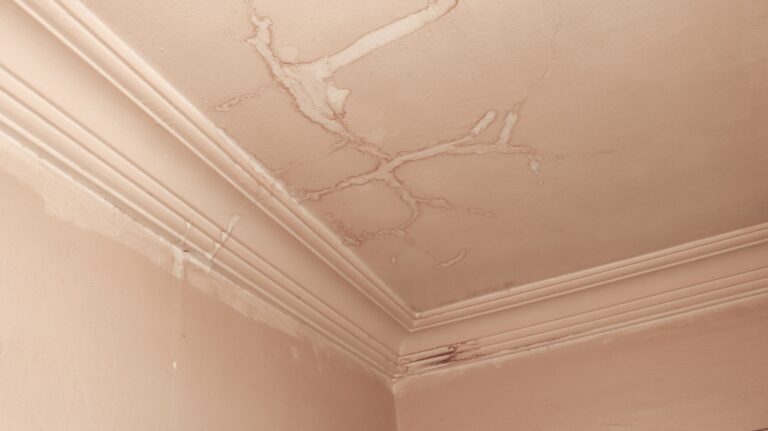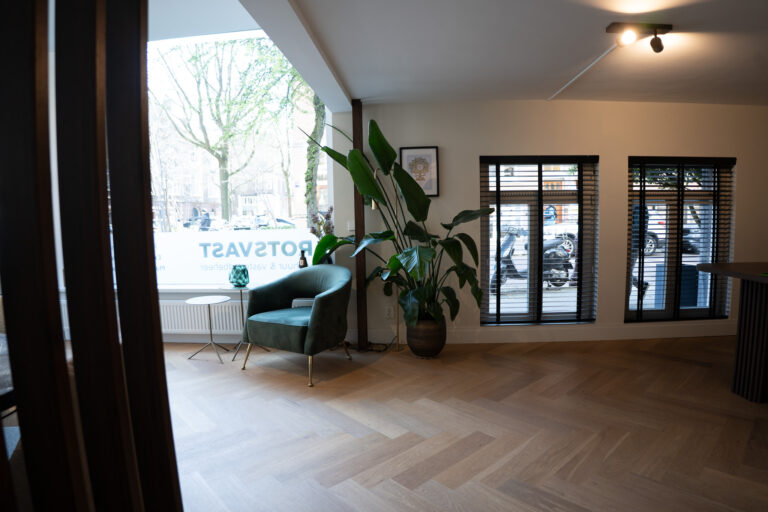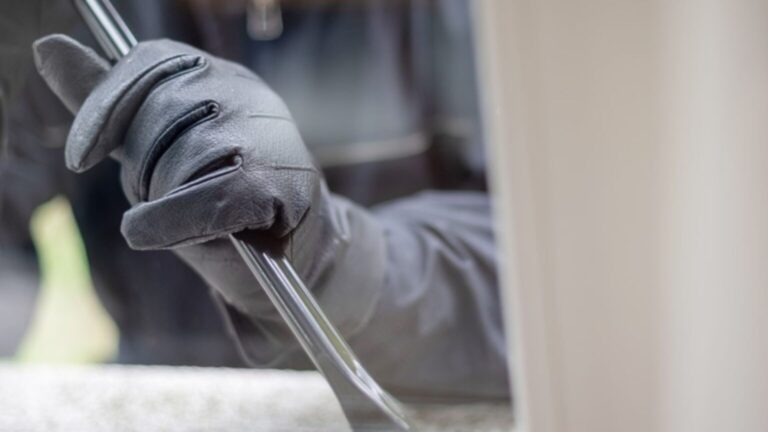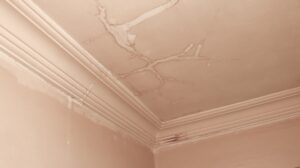Types of leaks
- 20 June, 2025
- Leestijd: 3 min.

Moisture problems
When ceilings, floors and walls remain damp for a long time, mould can develop. It not only looks disgusting, but it is also unhealthy. The spores are released into the air and inhaled, which can cause respiratory problems. House dust mites, silverfish and woodlice thrive in a damp environment, which can cause allergic reactions.
There are several causes that can cause damp spots:
- A leak (see below for more information)
- Inadequate ventilation: a person produces 0.5 liters of moisture every night while sleeping. This increases when you are also at home all day in a small room. That is why it is important that the house is ventilated or aired. This prevents moisture from penetrating the walls. The bathroom and kitchen must be ventilated for longer. It is not only important that the moist air is removed, but also that dry air is supplied.
- Cold bridges: cold areas in the facade can occur when insulation is lacking. They mainly occur at connections to the outer facade, balconies and galleries if they are directly connected to the floor of the space. These cold bridges can be remedied by wrapping them with insulation material on the outside.
- Moisture from the basement or crawl space: most crawl spaces and basements are damp, especially after heavy rain or in places with high groundwater. Air from the crawl spaces is damp and contains radon, which is harmful to health. New homes must ensure that the floor is airtight, old homes do not have this. Then sufficient air must be able to enter through grilles.
Leakage types
There are several causes that can cause a leak:
- A leak from the upstairs neighbours: ask the neighbours what is happening above the location of the leak. It could also be the result of water outside the shower tray or through the central heating. It could also be that the upstairs neighbours are messy with (cleaning) water.
- A leak from a drainpipe or gutter: occurs shortly after or during rainfall along the outer wall. Check that there are no leaves or dirt in the drains and that the drains are not blocked. The responsibility for keeping the gutters and rainwater drains clean lies with the tenants. Click here for more information about your roof drain.
- A leak due to a blocked sewer, often with a bad smell: call a plumber immediately.
- A leaking water pipe: does not occur often, but in severe frost and shortly after work. Inform the manager as soon as possible and close the main shut-off valve.








